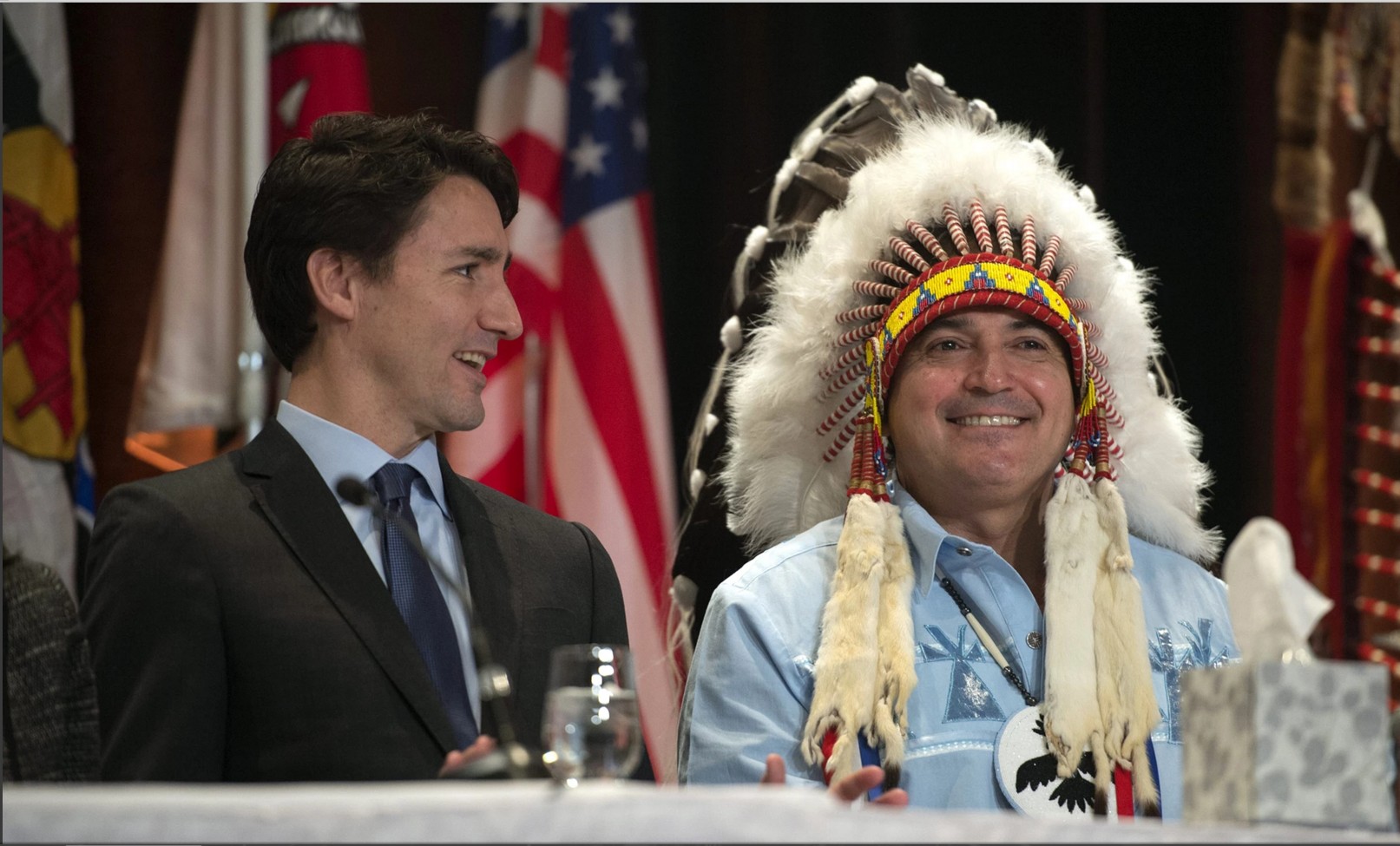Quirky
Army.ca Veteran
- Reaction score
- 4,046
- Points
- 1,260
I am of the opinion at this point that solution is to raise the GST two points, give the resultant money every year to a panel of First Nations, no strings attached, and they distribute it under rules that they develop to each and every First Nation.
No more money from government and my tax dollars. How many more untold billions must we throw at the problem? Doing the same thing over again and expecting a different result is the definition of insanity. Anytime there is any meaningful talk to help these people long term, like cancelling a lot of these incentives to lock them on reserve land, it's deemed racist and heartless and the left wing wants to keep them locked forever. It’s never about reparation, it’s always money.



